Researchers design a porous 3D graphene lubricant composite for harsh conditions and high loads.
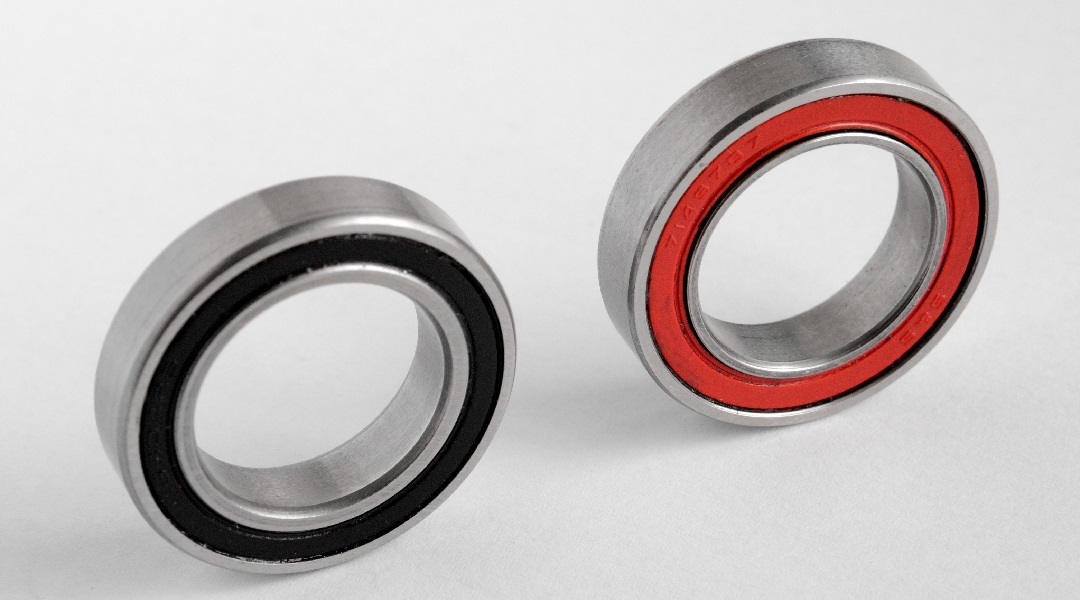

Researchers design a porous 3D graphene lubricant composite for harsh conditions and high loads.
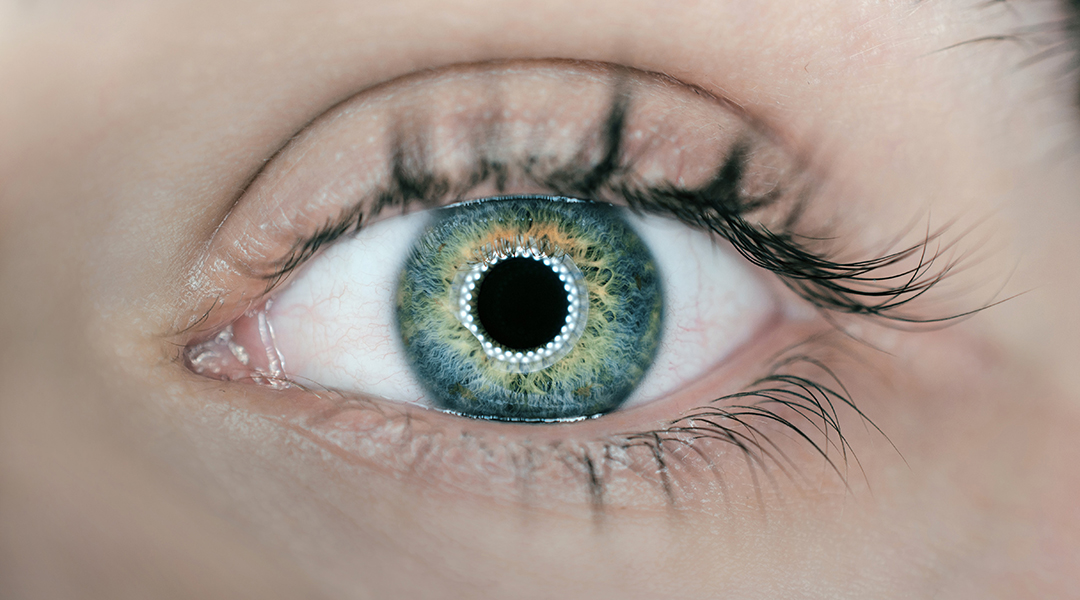
Smart contact lenses could revolutionize the way in which we monitor brain activity and diagnose neurological diseases.
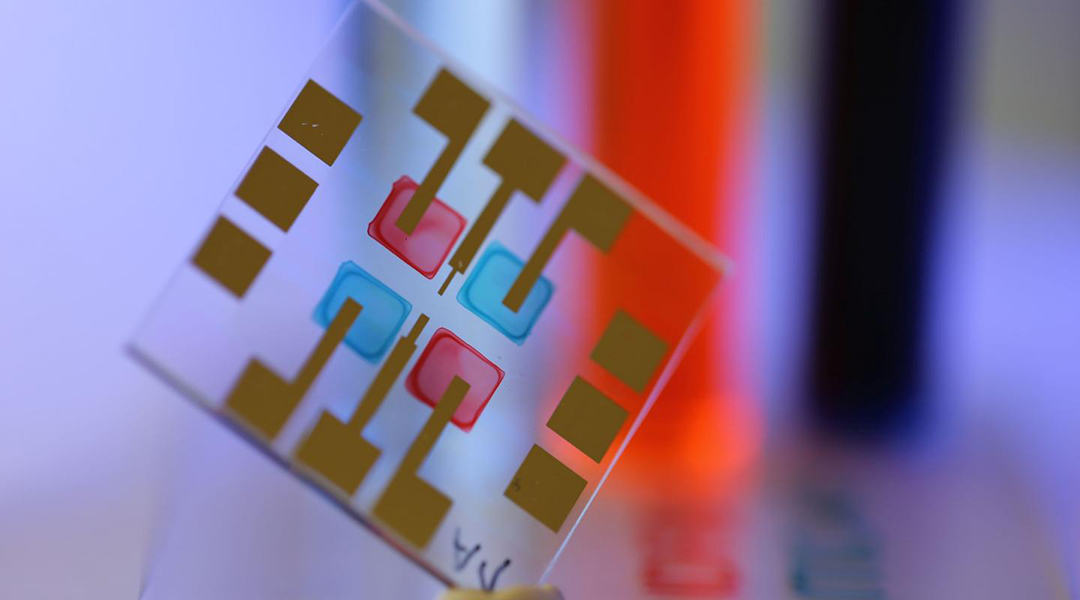
Color-selective organic light sensors are produced by inkjet printing with semiconducting inks.
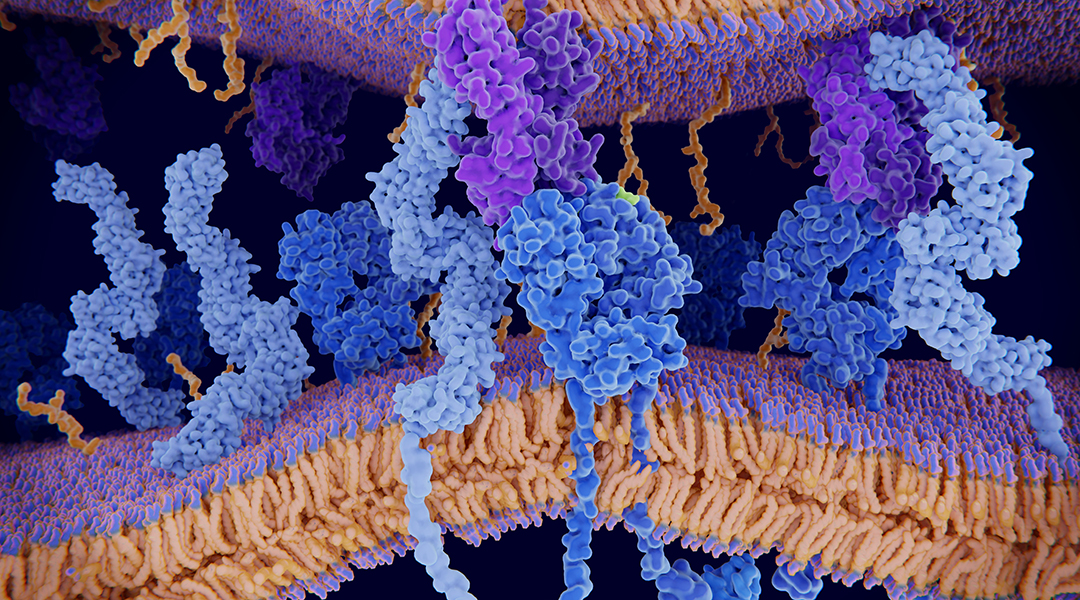
A new route to peptides containing cysteine sulfinic acid.
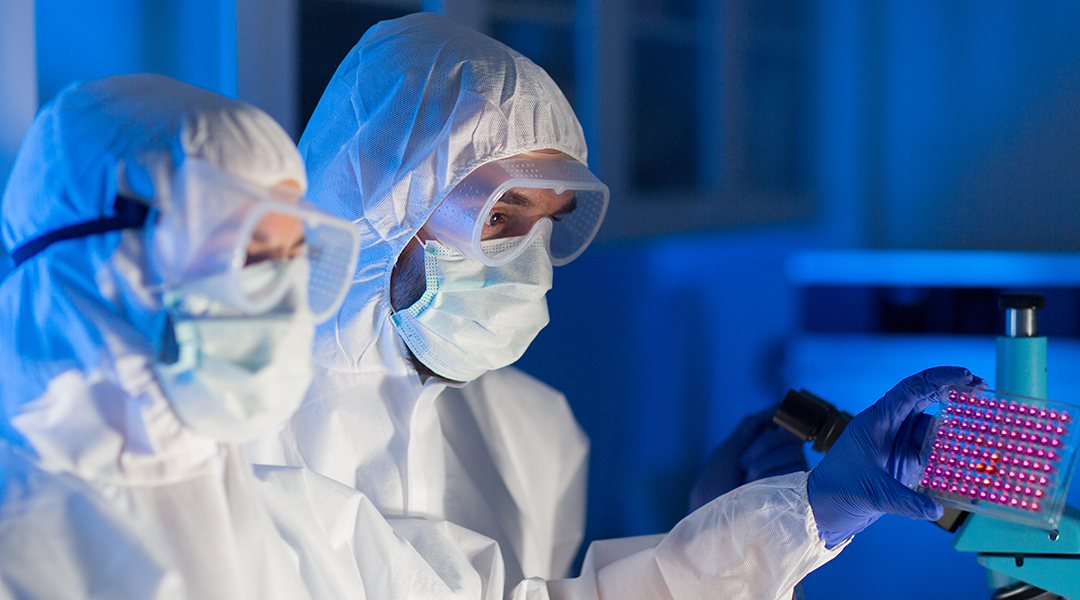
A new nanoreactor integrates multiple catalysts to carry out multiple reactions in the same pot, streamlining the production of fine chemicals—including urgently needed medicines.

Studying the links between cilia and signaling pathways sheds light on our understanding of nervous system development.

Data shows we don’t need to be as concerned about large methane releases from large carbon reservoirs in response to future warming; we should be more concerned about methane released from human activities.

MU researchers determine a scientist’s perceived authenticity can inform trust and credibility with their audience.

Inspired by the water collecting abilities of the cactus, researchers create a biomimetic water collection system through 3D printing.
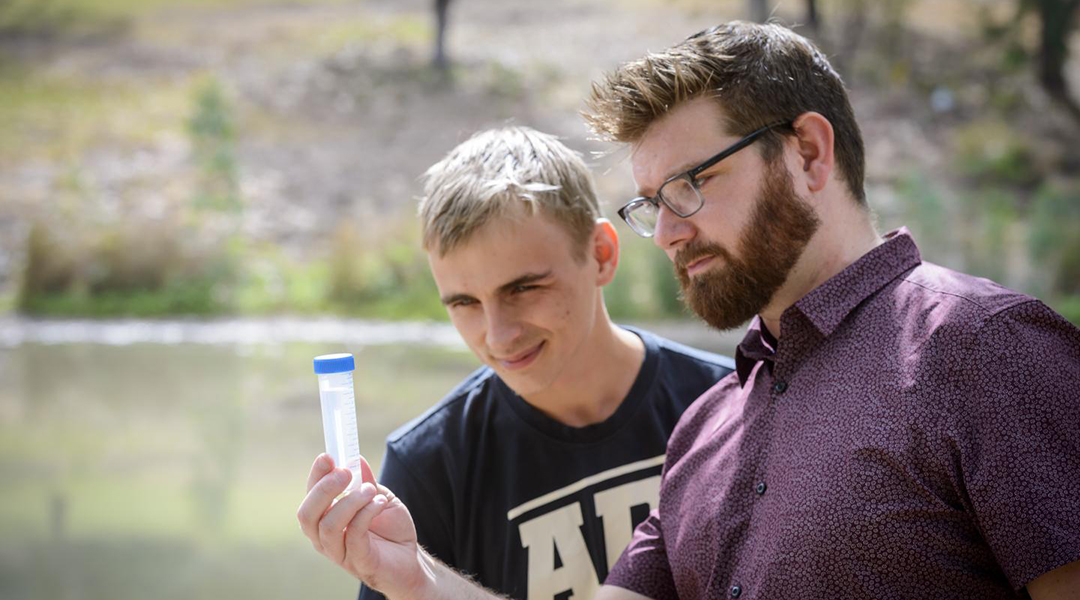
A new class of polymers to clean up mercury pollution that can be produced sustainably on a large scale from elemental sulfur and renewable plant oils.